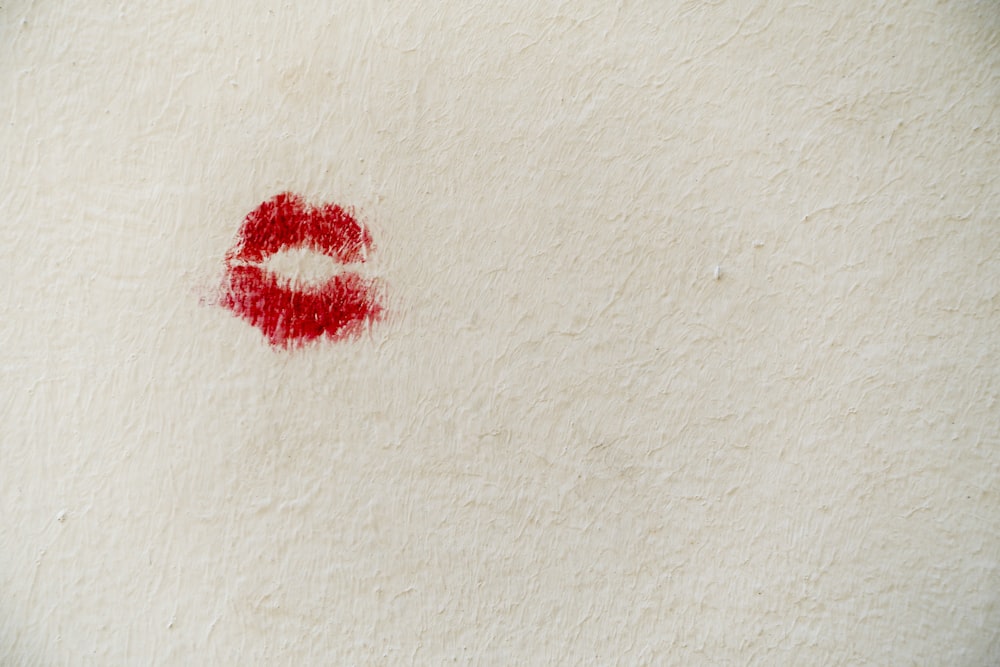
Unfaithful
By Asche Keegan
It’s not you; it’s me.
You were free falling to my misdirections,
Left weakened by all my insipid inflections.
Now our hearts rend asunder, bleeding words pink
But there’s no use crying over spilled ink.
I could list every reason I’m glad to depart,
Citing domestic distress or affairs of the heart.
Question none of these reasons, this much I beseech.
Though we know it’s simply not sharing our speech.
I thought I could hide from every abuse
Behind diction others found obsequiously obtuse.
Disenthralled for the veraciously verboten,
For luculence I became besotten.
Finding life in toska and all things Aeonian,
I looked for the eirene, ethereal, eonian.
I wish it was different, that I could stay true
But 2022’s got better language than you.
He’s kind and he’s bold with an eye for change
There’s a whole wide world waiting to rearrange.
With words of love, I bid thee adieu
A new year is here, and he’ll sound smarter than you.
You were free falling to my misdirections,
Left weakened by all my insipid inflections.
Now our hearts rend asunder, bleeding words pink
But there’s no use crying over spilled ink.
I could list every reason I’m glad to depart,
Citing domestic distress or affairs of the heart.
Question none of these reasons, this much I beseech.
Though we know it’s simply not sharing our speech.
I thought I could hide from every abuse
Behind diction others found obsequiously obtuse.
Disenthralled for the veraciously verboten,
For luculence I became besotten.
Finding life in toska and all things Aeonian,
I looked for the eirene, ethereal, eonian.
I wish it was different, that I could stay true
But 2022’s got better language than you.
He’s kind and he’s bold with an eye for change
There’s a whole wide world waiting to rearrange.
With words of love, I bid thee adieu
A new year is here, and he’ll sound smarter than you.











